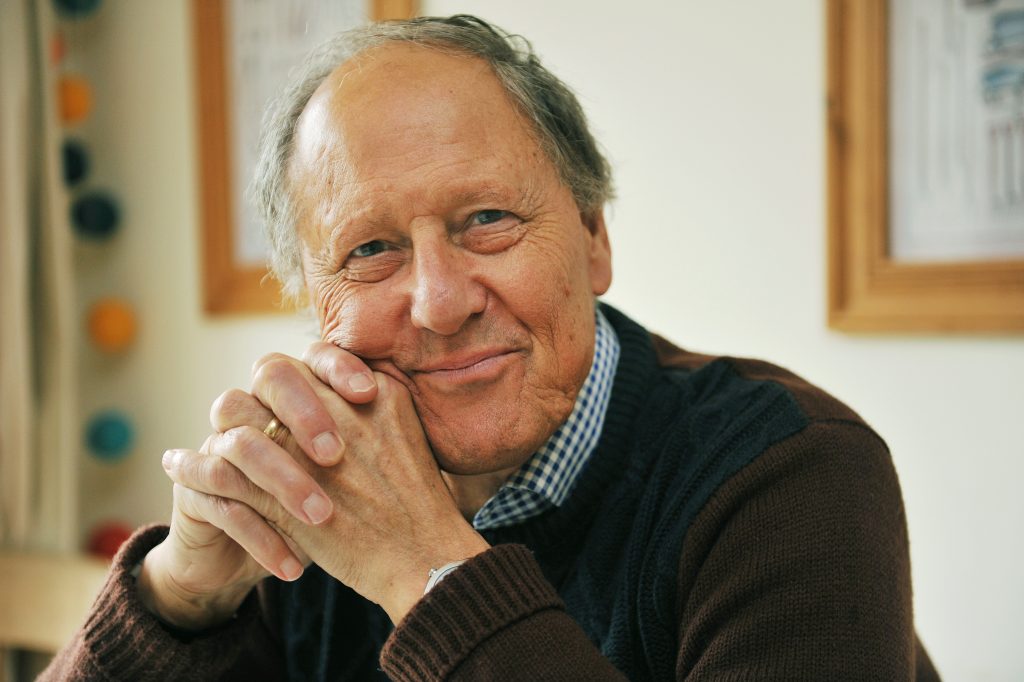 There’s something stirring in the city. Like the barely perceptible change between autumn and winter, it’s difficult to pin down, but its manifestations are manifold: a new, radical (and controversial, of course) local plan, the growing call for a town council, the exciting ideas for regeneration masterminded by the Canterbury Tales of England project, mounting concern that our World Heritage sites are undervalued, the splendid work of the Canterbury Society, the eye-catching monuments of the Canterbury Commemoration Society, the continued popularity of the Marlowe Theatre, and the success of our festivals.
There’s something stirring in the city. Like the barely perceptible change between autumn and winter, it’s difficult to pin down, but its manifestations are manifold: a new, radical (and controversial, of course) local plan, the growing call for a town council, the exciting ideas for regeneration masterminded by the Canterbury Tales of England project, mounting concern that our World Heritage sites are undervalued, the splendid work of the Canterbury Society, the eye-catching monuments of the Canterbury Commemoration Society, the continued popularity of the Marlowe Theatre, and the success of our festivals.
These developments suggest a burgeoning civic pride. The concept is as old as civilization itself, from ancient Athens, through the medieval city-states to the paved and drained cities of the industrial world. It rests on a feeling that a town or city is a discrete community (like a Facebook group) whose members have a sense of a common identity and worth. Civic pride holds people together and brings comfort and security through membership of a like-minded community.
So far, so good. But civic pride is more than just a warm blanket of togetherness. It also brings with it a desire for improvement, making the community a better place in which to live and work. This is where things get tricky. First, in an age of extreme individualism (‘there is no such thing as society’) it is increasingly hard to persuade individuals to lift their eyes off their navels/screens and on to a concept as abstract as the common good. Second, it is not easy to find consensus on what a better place in which to live and work looks like. Let’s focus on this for a minute.
Citizen A might say a better city is one with less litter and graffiti, more cycle paths and public art. Citizen B, on the other hand, cares less about litter than about traffic jams, and they never ride a bike. Next door, Citizen C finds tourists a pain, because they are difficult to understand and satnav the wrong way down one-way streets. Their neighbour, Citizen D, loves tourists because they buy things in their shop. Round and round we go.
Setting theology aside – pride is the deadliest sin, underpinning the six others – a degree of pride (pride in one’s work, for example) is indisputably beneficial. Civic pride comes into this worthwhile category: who doesn’t want to be proud of the place where they live?
Rather than being force fed (free handouts of ‘I ❤️ Canterbury’), let’s help our civic pride grow organically. Start with the young. Ensure as much as possible of our schools’ curriculum is local based: not just history but geography, literature and science. Ideally, no one should leave school ignorant of their city’s links to Michael Morpurgo, Ian Fleming and Ian Drury as well as Geoffrey Chaucer and Aphra Behn, of the delicate ecology of the Stour Valley, of the cultural and economic impact of successive waves of immigrants and refugees, of the physics of the Invicta steam engine and HS1, or of the importance of tourism to the local economy.
After that, let’s talk ourselves up with a proper tourist welcome centre and signage of our treasures; establish skate parks and attractive youth clubs; involve all ages from all sectors of society in an annual community opera/musical written by a Canterburian (born, resident or educated); use carrot-and-stick techniques to discourage anti-social behaviour and inappropriate shop facades; fight for a new hospital … and on and on.
And eventually, if we commit to at least some of this (and those able to do so are prepared to pay a bit more), we might find our city listed as one of best places to live in the UK. That really would be something to be proud of, wouldn’t it?
Stewart Ross
Chair, Canterbury Commemoration Society

0 Comments